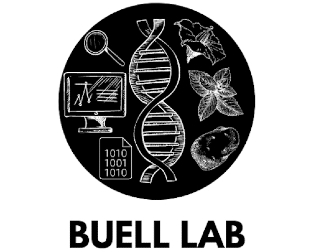Single cell-enabled genome-to-pathway discovery of plant natural product biosynthetic pathways

Plants synthesize complex molecules for defense and signaling using specialized metabolic pathways. These plant natural products enhance their own evolutionary fitness and many of these molecules have been used with great success as pharmaceuticals to treat a wide range of human diseases as exemplified by Paclitaxel and Vinorelbine. However, our access to plant specialized metabolites can be limited, as these molecules are often produced in small amounts as part of complex mixtures and restricted to specific cell-types. While metabolic engineering and synthetic biology has the potential to improve our access to these compounds, these approaches require in-depth knowledge of the biosynthetic genes, transporters, and/or regulatory elements of the specific pathway. Next-generation omics technologies have made elucidation of plant natural product pathways more streamlined over the last decade, yet the discovery of plant natural product genes remains challenging relative to that in microbial systems. As a consequence, successful examples of metabolic engineering to improve access to the wealth of pharmacologically active molecules encoded in plant genomes are still few in number. For example, while the plant anti-cancer agent vinblastine has been reconstituted in yeast, the titers are not commercially viable.
We have recently developed a single-cell omics-enabled, genome-to-pathway discovery pipeline that accelerates the discovery of natural product biosynthetic pathway genes and their associated regulatory sequences, including transcription factors and cis-regulatory elements. In this project, we will use state-of-the-art omics technologies to efficiently discover genes responsible for the biosynthesis of pharmacologically relevant compounds and utilize this knowledge to revitalize an old technology, plant cell culture, to enable robust, sustainable production of these products.
Project Participants
- Principal Investigator:
- C. Robin Buell, PhD, University of Georgia
Contact
Robin.Buell@uga.eduFunding
- This project is funded by the National Center for Complementary and Integrative Health
- NIH project number 1R01AT012783-01
